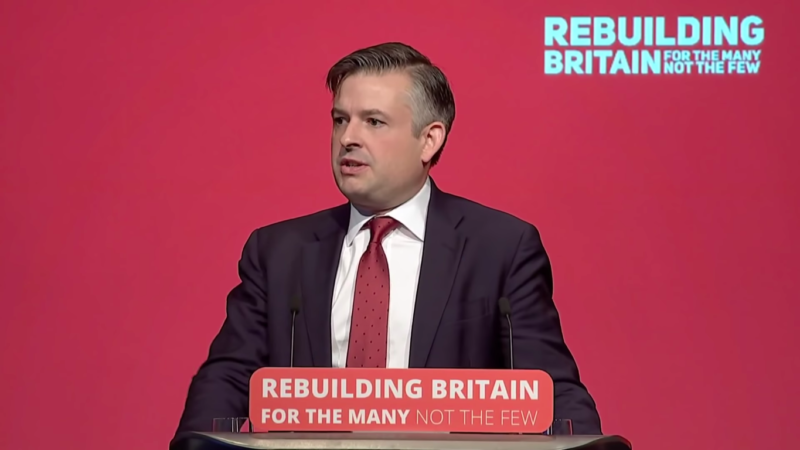
Inequality in health is the worst inequality of all. Surely there can be no greater social injustice than people dying sooner due to poverty. Yet a devastating new report today on health inequalities shows that, after ten years of grinding Tory austerity, inequities are actually widening.
The report published by Sir Michael Marmot shows that not only is life expectancy stalling for the first time in more than 100 years, it is declining for the poorest 10% of women. That is a disgrace.
The truth is that poverty means you become ill quicker and die sooner. In poorer areas, rates of premature deaths – including deaths linked to heart disease, lung cancers, COPD – are two times higher compared to the most affluent areas. Children and adults living in the poverty are up to three times more likely to develop mental health problems compared to those living in the highest income brackets.
We see a higher rate of suicide in the most deprived areas, a higher rate of addictions and shockingly higher rates of drug overdose deaths, too. A toxic cocktail translating into rising mortality for those in middle age and ‘deaths of despair’ – a phenomena that has been all too familiar in the US – is beginning to make a tragic mark in the UK, both rising after decades of virtually continuous improvement.
In the words of Marmot today, “poverty has a grip on our nation”, with 14 million adults and four million children living in poverty. We have more and more people sleeping on our streets and yesterday it was revealed that the numbers of rough sleepers sheltering in bins has surged.
Charities report of children scavenging in bins and, under Tory plans, shamefully child poverty is set to escalate to the highest level since records began in 1961. We know that a child growing up in poverty is more likely to suffer ill health and in turn more likely to develop health problems in later life. Every child matters and deserves the best possible start, but instead this government condemns future generations to becoming ill quicker in life and dying sooner.
It is not just about absolute poverty levels, because as Richard Wilkinson and Kate Pickett have shown in the Spirit Level, it’s about inequality as well. Societies with greater inequality have worse health outcomes, lower life expectancy, higher rates of infant mortality, mental illness and obesity. Poverty and the health inequities that flow from such poverty requires urgent consideration and action from policymakers.
Had we won the general election, tackling these inequalities would have been my mission. It would have meant cuts to public health services from drug and alcohol services, smoking cessation services, weight management, sexual health services and health visiting that prevent ill health would have been reversed. Because it’s a tax on sickness that many of the poorest cannot afford, we would have abolished prescription charges.
Health and wellbeing would have been at the heart of policy making with a Future Generations Wellbeing Act enshrining in law a ‘health in all policies’ framework with clear commitments to tackle inequalities. The NHS as a major employer and economic ‘anchor’ in communities would have been made to maximise the social value of its spending.
With our Green New Deal for the NHS, we would have met the obligation of the service to tackling climate change – investing in a new fleet of vehicles, implementing a green upgrade to hospitals, alongside a new ‘NHS Forest’ of a million new trees across the NHS estate.
We would have been more radical in confronting the wider determinants of ill health with action on alcohol labelling, junk food advertising, movement on salt and sugar, plus taking a public health approach to drugs.
But given the scale of health inequalities, we must go further in future. Our next manifesto should make a clear, funded commitment to reduce levels of child poverty and invest further in early years services.
As the Marmot report today argues: “If health has stopped improving, it is a sign that society has stopped improving.” I agree. Tackling health inequalities to create the conditions where people live longer, happier, healthier lives must remain a priority for Labour. It is why I’m calling on our next Labour leader to ensure that challenging these health inequalities and escalating child poverty becomes a moral crusade for Labour.




More from LabourList
‘Labour won’t stop the far right by changing leaders — only by proving what the left can deliver’
‘Cutting Welsh university funding would be economic vandalism, not reform’
Sadiq Khan signals he will stand for a fourth term as London Mayor